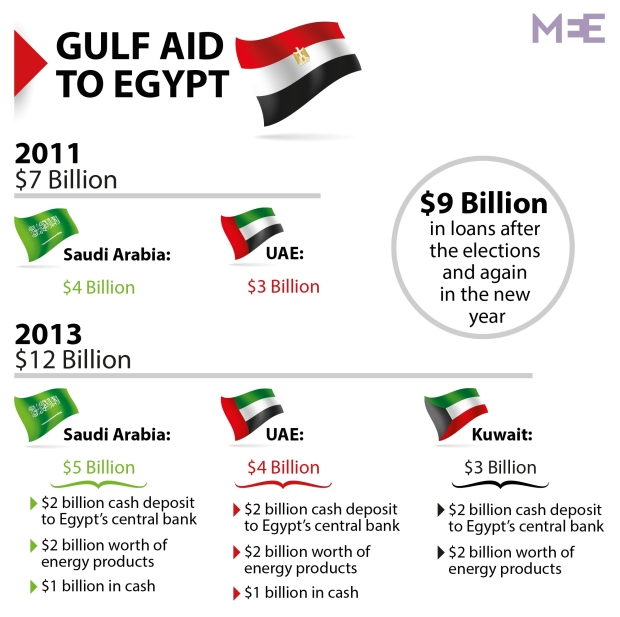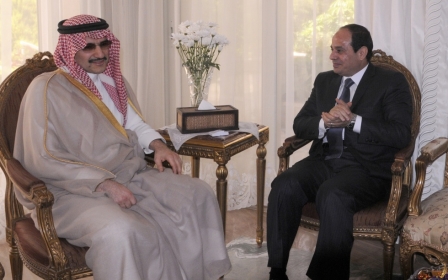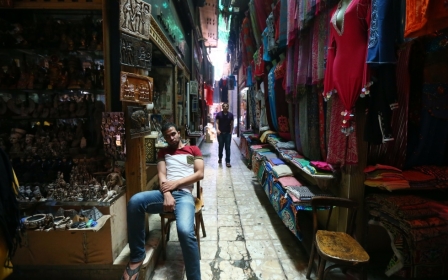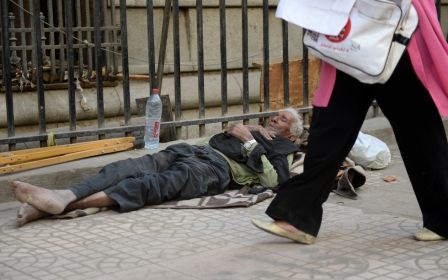Egypt $9.8bn over budget on fuel subsidies, says Mahlab
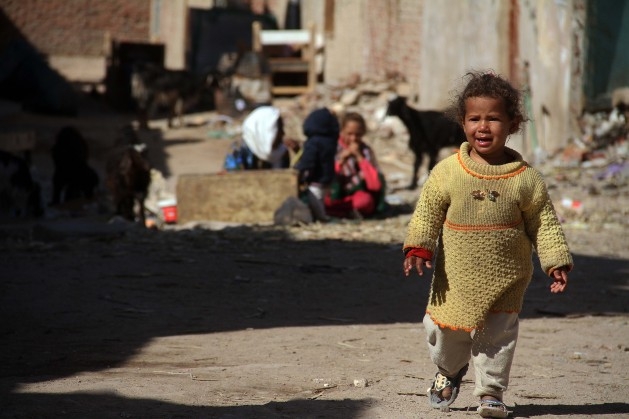
Egypt said it would spend an additional 70bn Egyptian pounds ($9.8bn) on energy subsidies in the fiscal year ending June 30, according to Interim Prime Minster Ibrahim Mahlab.
The excess is on top of the 99.6bn pounds ($13.9bn) already earmarked for the controversial subsidy according to finance ministry data, and would bring the total spend to 170bn Egyptian pounds ($23.7bn), Mahlab was quoted by state media as saying on Saturday.
Previous official estimates had said that the bill would not exceed 130bn pounds ($18.2bn).
The subsidy has long been a bone of contention. Many economists and analysts insist that the subsidy is unsustainable, but politicians have consistently shied away from large-scale reductions, fearing that a reduction could spark unrest.
Egypt has some of the lowest energy prices in the world, and the cash-strapped government spends more than a fifth of its budget keeping them down. This is significantly more than both health and education spending combined which take up 64bn pounds ($8.9bn) and 26bn pounds ($3.6bn) respectively.
New MEE newsletter: Jerusalem Dispatch
Sign up to get the latest insights and analysis on Israel-Palestine, alongside Turkey Unpacked and other MEE newsletters
Egypt’s economy has been hard-hit by years of upheaval that have followed the overthrow of former strongman Hosni Mubarak in 2011. Egypt is expecting a budget deficit of 12 percent next year and has been given a crucial lifeline by wealthy Gulf creditor states, which have pumped billions into the economy since the overthrow of the Muslim Brotherhood president Mohamed Morsi last summer and pledged to deliver billions more after last month's election.
Egypt's President-elect Abdel Fattah Sisi who is expected to officially take the reins of power early this month said little about subsidy reform during last month's election campaign aside from assuring voters that reform would be gradual.
Middle East Eye delivers independent and unrivalled coverage and analysis of the Middle East, North Africa and beyond. To learn more about republishing this content and the associated fees, please fill out this form. More about MEE can be found here.


